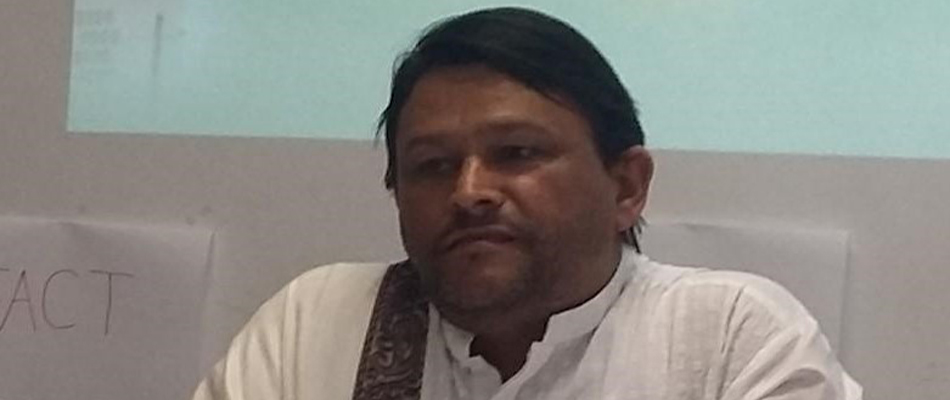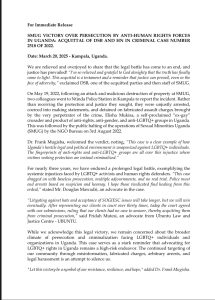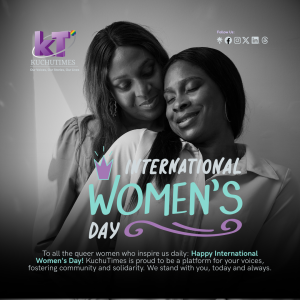The People's Mosque in Africa’s southern-most city, Cape Town, is no ordinary place of worship. Through its doors pass local Muslims who all have an unusual trait in common: the struggle to reconcile their faith with their LGBT identities.
The mosque was founded by Muhsin Hendricks, an imam who has devoted his life to giving LGBT Muslims a safe space in which to worship, away from the condemnation of orthodox faith leaders, many of whom see homosexuality as a sin.
In many countries in Africa, being gay is a crime. In some places – Somalia, Southern Sudan and parts of Nigeria, for instance – it’s even punishable by death.
But South Africa is different. It was the first country in the world to outlaw discrimination based on sexual orientation, and same-sex marriage has been legal in the country for over a decade. All the same, attitudes are slow to change. According to a survey by the Other Foundation, 72% of South Africans believe same-sex sexual activity is morally wrong.
Religious communities are especially prohibitive, with orthodox mosque leaders often explicitly opposing the expansion of gay rights. For the faithful, the torment isn't limited to legislative ostracism; the experience of being cast from the communities becomes an emotional excommunication as well.
“There’s a cognitive dissonance experienced by many gay Muslims," says Hendricks, "and it plays out in drug and alcohol abuse, irresponsible sexual behaviour and suicide.”
Hendricks wants to change that. A gay Muslim himself, he founded a support group for LGBT Muslims 20 years ago. The Inner Circle supports people who feel rejected by their faiths because of their sexual identities, and even offers a marriage blessing to same-sex couples.
Faith in a more inclusive future
What does the wider Muslim community think? Hendricks says it's volatile. “Sometimes they feel that I should be thrown from the highest mountain, and sometimes they appreciate that there is one imam who is willing to work with people who they are unwilling to work with," he told AFP last year.
“I learned that homosexuality was just the first avenue to address a lot of other injustice committed in the name of Islam. And now you’d be amazed at the amount of straight people that are attracted to our organization. So I realized that I’d taken on something big. I’ve taken on the patriarchy that sits behind Islam.”
But ultimately, Hendricks sees a more inclusive future for his fellow faithful, and his Cape Town mosque may have started a trend. Since it opened, alternative places of worship have popped up with increasing frequency. “These spaces provide LGBT Muslims with a renewed sense of hope, that they too have the right to practice their faith, to love and be loved,” he says.
EDITOR’S NOTE: Sourced from www.weforum.org as written by Anna Bruce Lockhart




